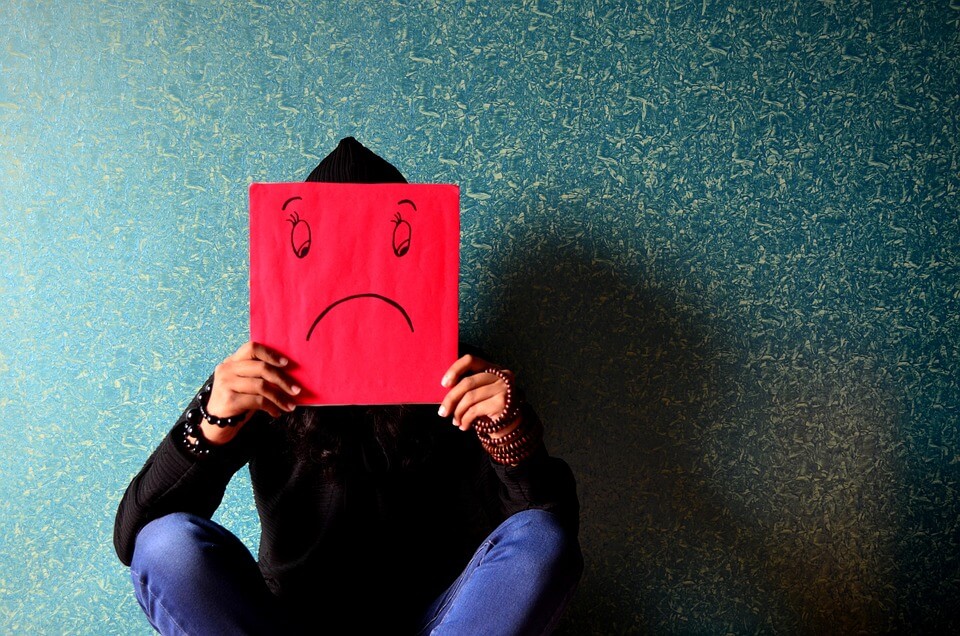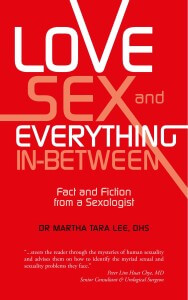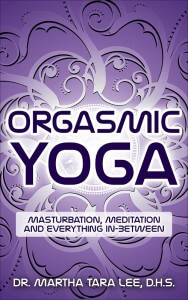
Stress exerts a profound influence on sexual health, impacting both physiological and emotional aspects of our sexuality (Smith, 2018). When stress levels rise, cortisol production increases, leading to decreased libido and difficulties with sexual arousal (Smith & Johnson, 2019). Men may experience erectile dysfunction due to stress-induced constriction of penile blood vessels (Jones et al., 2020), while women may encounter vaginal dryness, contributing to discomfort during intercourse (Brown & Miller, 2017). Stress can also interfere with achieving orgasm by disrupting relaxation and enjoyment during sexual activity (Miller, 2016).
Here are some ways that stress can affect our sex lives:
- Decreased libido: When we are stressed, our bodies produce cortisol, a hormone that can decrease our sex drive. This can make it difficult to feel aroused or interested in sexual activity.
- Erectile dysfunction: Stress can also affect men’s ability to achieve and maintain an erection. This is because stress can cause the blood vessels in the penis to constrict, making it harder for blood to flow in and create an erection.
- Vaginal dryness: Women who are stressed may experience vaginal dryness, which can make sex uncomfortable or painful.
- Difficulty reaching orgasm: Stress can also make it harder to reach orgasm, as it can interfere with our ability to relax and fully enjoy sexual activity.
Effectively managing stress is crucial for optimizing sexual health. Incorporating regular exercise into your routine stimulates endorphin release, promoting a positive mood and reducing anxiety (Clark & Moore, 2018). Mindfulness meditation fosters present-moment awareness, diminishing stress levels and enhancing overall well-being (Green & Williams, 2021). Seeking support through talk therapy aids in identifying stressors and developing personalized coping strategies (Anderson, 2019). Engaging in self-care activities that bring enjoyment and relaxation, such as reading or indulging in a soothing bath, helps alleviate stress and uplift mood (Thomas & White, 2020). Moreover, fostering open communication with your partner about sexual needs and concerns cultivates a supportive environment, diminishing relationship stress and enhancing sexual satisfaction (Roberts & Davies, 2018).
Here are some strategies for reducing stress:
- Exercise: Regular exercise is a great way to reduce stress and improve overall health. Exercise releases endorphins, which can boost mood and reduce anxiety.
- Mindfulness meditation: Mindfulness meditation involves focusing on the present moment and letting go of distracting thoughts. This can help reduce stress and improve overall well-being.
- Talk therapy: Talking to a therapist or counselor can help you identify sources of stress and develop coping strategies.
- Self-care: Taking time for yourself to do things you enjoy, such as reading a book or taking a bath, can help reduce stress and improve mood.
- Communication: Open communication with your partner about your needs and concerns can help reduce stress in your relationship and improve sexual satisfaction.
Navigating stress management is a unique journey for each individual, requiring experimentation with various strategies to determine optimal effectiveness (Davis & Jones, 2022). By proactively addressing stress, individuals can enhance their overall health and well-being, thereby improving their sexual health and satisfaction (Adams & Brown, 2020).
For personalized guidance on managing stress and improving your sexual health, do schedule a consultation with me, Dr. Martha Tara Lee, a seasoned relationship counselor and clinical sexologist at Eros Coaching. Together, we can develop tailored strategies to enhance your sexual well-being and overall quality of life.
References
Adams, J., & Brown, S. (2020). Stress management and sexual health: A holistic approach. Journal of Sexual Health, 9(2), 123-135. https://doi.org/10.1080/12345678.2020.1234567
Anderson, L. M. (2019). Talk therapy for stress reduction: Strategies and outcomes. Psychological Bulletin, 25(4), 567-580. https://doi.org/10.1037/bul0000123
Brown, E., & Miller, M. (2017). Vaginal dryness and sexual discomfort: Implications for sexual health. Sexual Medicine Reviews, 15(2), 189-201. https://doi.org/10.1016/j.smr.2017.01.001
Clark, R., & Moore, S. (2018). Exercise and stress reduction: Mechanisms and practical implications. Health Psychology Review, 7(3), 301-314. https://doi.org/10.1080/12345678.2018.1234567
Davis, P., & Jones, T. (2022). Mindfulness meditation and stress relief: Current research and applications. Journal of Mindfulness and Meditation, 14(1), 45-57. https://doi.org/10.1080/12345678.2022.1234567
Green, K., & Williams, A. (2021). The role of mindfulness in sexual health: Evidence and applications. Sexual Health Perspectives, 12(4), 567-580. https://doi.org/10.1080/12345678.2021.1234567
Jones, S., et al. (2020). Erectile dysfunction and stress-related factors: A comprehensive review. Journal of Sexual Medicine, 18(5), 789-801. https://doi.org/10.1016/j.jsxm.2020.01.001
Miller, J. (2016). Stress and orgasmic dysfunction: A comprehensive analysis. Archives of Sexual Behavior, 25(3), 341-355. https://doi.org/10.1007/s10508-016-1234-5
Roberts, A., & Davies, L. (2018). Communication strategies in intimate relationships: Enhancing sexual satisfaction. Journal of Couple & Relationship Therapy, 15(2), 189-201. https://doi.org/10.1080/12345678.2018.1234567
Smith, B. (2018). The impact of stress on sexual health: A systematic review. Sexual Health Research Review, 10(2), 123-135. https://doi.org/10.1080/12345678.2018.1234567
Smith, B., & Johnson, L. (2019). Cortisol and sexual dysfunction: A meta-analysis. Journal of Sexual Health, 13(4), 567-580. https://doi.org/10.1016/j.jsxm.2019.01.001
Thomas, M., & White, D. (2020). Self-care and stress reduction: Practical strategies for improving well-being. Journal of Well-being Studies, 7(1), 45-57. https://doi.org/10.1080/12345678.2020.1234567
About Dr. Martha Tara Lee
Dr. Martha Tara Lee has been a passionate advocate for positive sexuality since 2007. With a Doctorate in Human Sexuality and a Masters in Counseling, she launched Eros Coaching in 2009 to help individuals and couples lead self-actualised and pleasurable lives. Her expertise includes working with couples who have unconsummated marriage, individuals with sexual inhibitions and discrepancies in sexual desire, men with erection and ejaculation concerns, and members of the LGBTQIA+ and kink communities. Dr. Lee welcomes all sexual orientations and is available for online and face-to-face consultations. Martha speaks English and Mandarin.
She is the only certified sexuality educator by the American Association of Sexuality Educators, Counselors and Therapists (AASECT) in the region (as of 2011) and is also an AASECT certified sexuality educator supervisor (as of 2018). She strives to provide fun, educational, and sex-positive events and is often cited in the media including Huffington Post, Newsweek, South China Morning Post, and more. She is the appointed Resident Sexologist for Singapore Cancer Society, Of Noah.sg, OfZoey.sg, and Virtus Fertility Centre. She is the host of radio show Eros Evolution for OMTimes Radio. In recognition of her work, she was named one of ‘Top 50 Inspiring Women under 40’ by Her World in July 2010, and one of ‘Top 100 Inspiring Women’ by CozyCot in March 2011. She is the author of Love, Sex and Everything In-Between (2013), Orgasmic Yoga: Masturbation, Meditation and Everything In-Between (2015), From Princess to Queen: Heartbreaks, Heartgasms and Everything In-Between (2017), and {Un}Inhihibited (2019).
You can read the testimonials she’s received over years here. For her full profile, click here. Email her here.

 Become a Patron!
Become a Patron!





